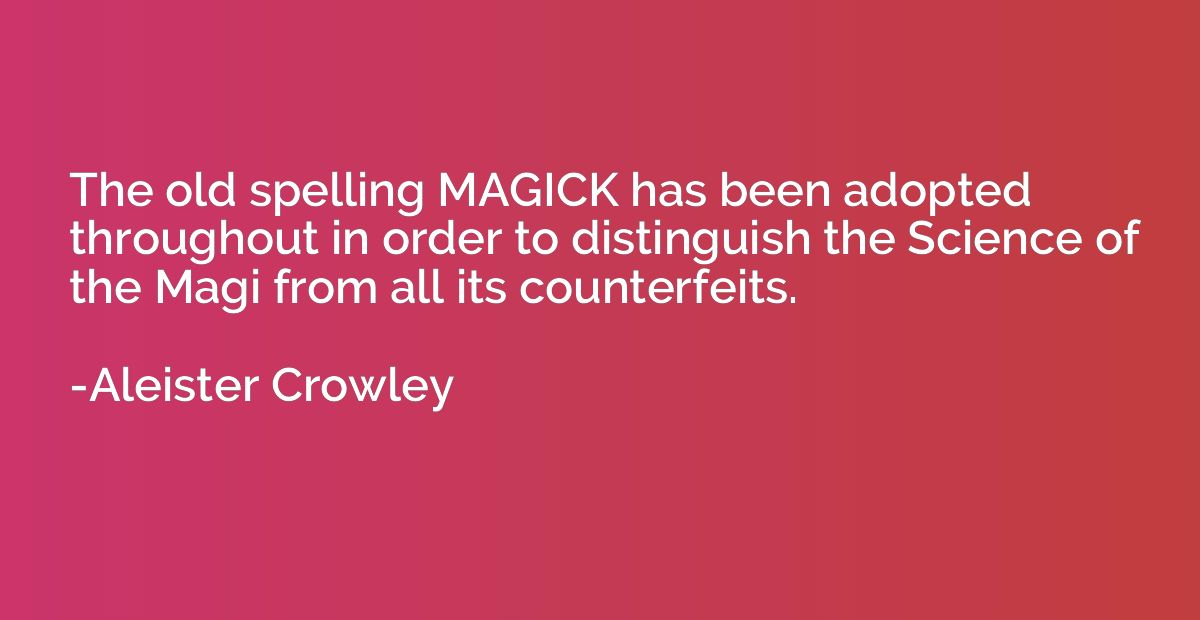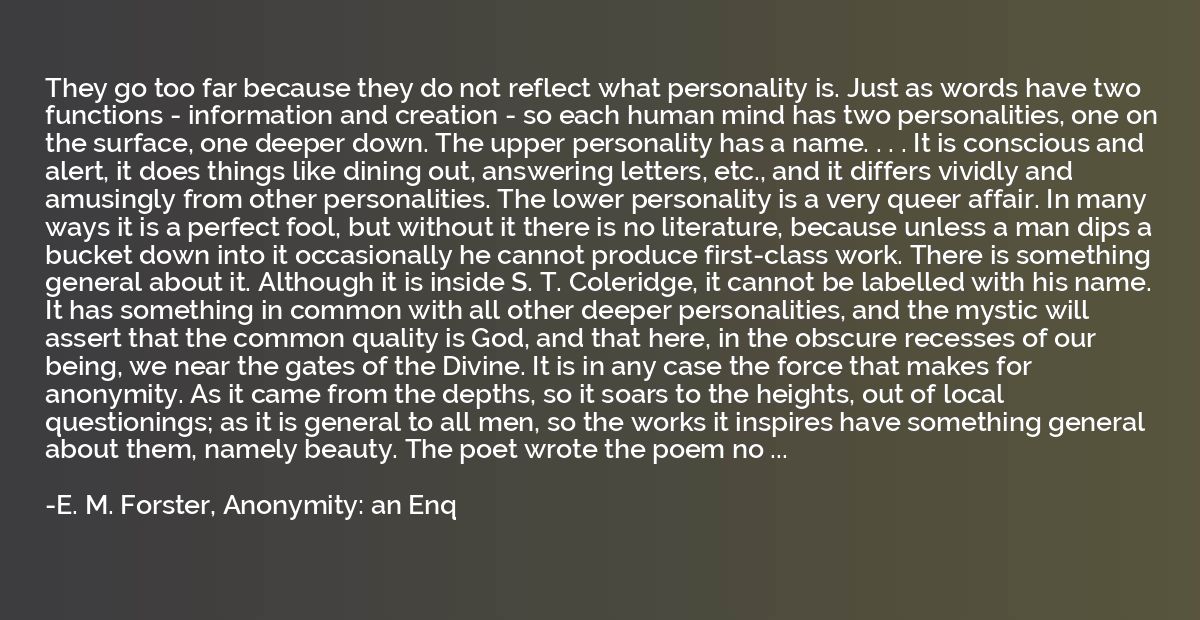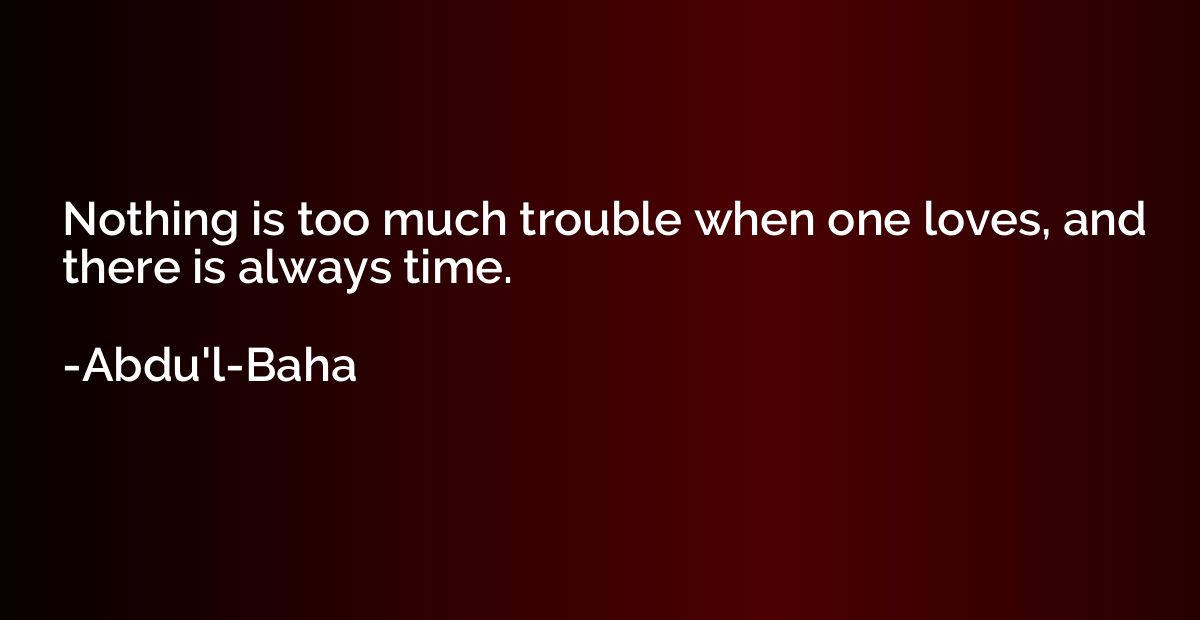Quote by Orson Scott Card
do you know why Satan is so angry all the time?, Because whenever he works a particularly clever bit of mischief God uses it to serve his own Rigteous purposes. So God uses wicked people as his tools? God gives us the freedom to to do great evil, if we choose, Then He uses his own freedom to create goodness out of that evil, for that is what He chooses. So, in the long run, God always wins? Yes, in the short run though it Can be uncomfortable.

Summary
This quote suggests that Satan, depicted as angry, becomes frustrated because God has the ability to use even the cleverest mischief for His own righteous purposes. It implies that God can utilize the actions of wicked individuals as tools to ultimately bring about good. It highlights the concept of free will, stating that God grants humans the freedom to choose to commit great evil if they wish. However, it suggests that God, in turn, exercises His own freedom to transform that evil into goodness according to His own choosing. The quote concludes that, while God consistently triumphs in the long run, the process can sometimes be uncomfortable in the short term.














